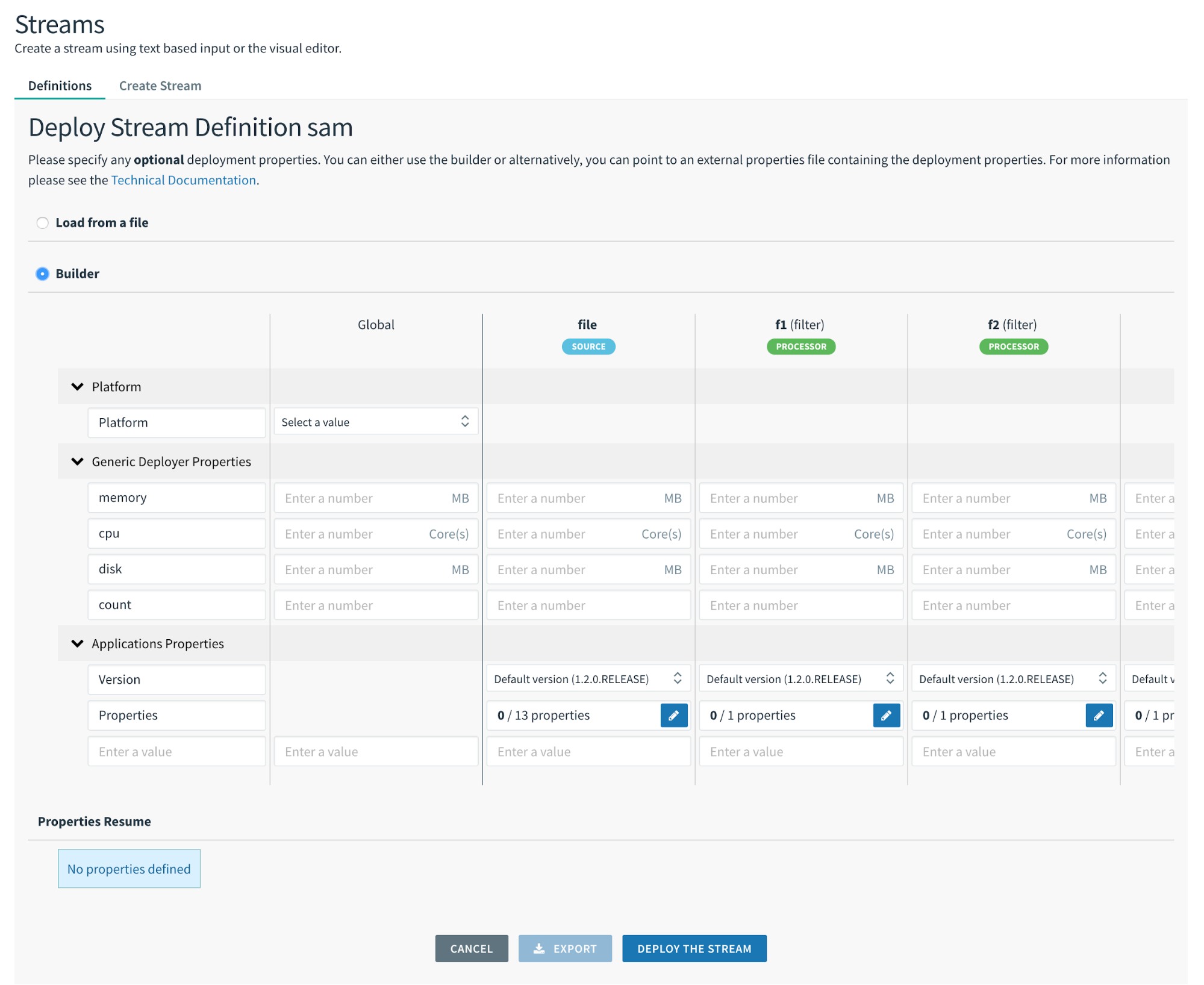Author your supply chains
Author your supply chains The Out of the Box Supply Chain, Delivery Basic, and Templates Supply Chain Choreographer packages give you Kubernetes
Read More
User-defined Kubernetes service account configuration
User-defined Kubernetes service account configuration This topic tells you how to configure a user-defined Kubernetes service account. Overview To
Read More
Release notes
Release notes Check these release notes regularly for product updates. May, 2024 Added information on Tanzu Application Catalog overview . Added
Read More
Kubernetes FAQs
Kubernetes FAQs This section provides answers to questions about Kubernetes. What are the prerequisites for installing Tanzu Application Catalog Helm
Read More
Release notes
Release notes Check these release notes regularly for product updates. May, 2024 Added information on Tanzu Application Catalog overview . Added
Read More
Kubernetes FAQs
Kubernetes FAQs This section provides answers to questions about Kubernetes. What are the prerequisites for installing Tanzu Application Catalog Helm
Read More
Apply User-Defined Customizations to Tanzu Application Catalog Containers
Apply User-Defined Customizations to Tanzu Application Catalog Containers This tutorial provides step-by-step instructions on how to apply
Read More
Apply User-Defined Customizations to Tanzu Application Catalog Containers
Apply User-Defined Customizations to Tanzu Application Catalog Containers This tutorial provides step-by-step instructions on how to apply
Read More
Pod Security Standards in Kubernetes
Pod Security Standards in Kubernetes Pod Security Standards in Kubernetes refer to a set of best practices that define different isolation levels of
Read More
Pod Security Standards in Kubernetes
Pod Security Standards in Kubernetes Pod Security Standards in Kubernetes refer to a set of best practices that define different isolation levels of
Read More
Kubernetes service account automatic configuration
Kubernetes service account automatic configuration This topic tells you about the resources that you create for Kubernetes service account automatic
Read More
Overview of Contour
Overview of Contour Contour is an ingress controller for Kubernetes that supports dynamic configuration updates and multi-team ingress delegation. It
Read More
Install Tanzu Application Platform (GitOps)
Install Tanzu Application Platform (GitOps) GitOps is a set of practices and principles to manage Kubernetes infrastructure and application
Read More
View Packages
See the available and installed catalog deployments for the Kubernetes clusters in your organization on the Catalog page of the Tanzu Mission Control console.
Read More
Using Spring Cloud Gateway for Kubernetes with Tanzu Application Platform
Using Spring Cloud Gateway for Kubernetes with Tanzu Application Platform This topic tells you how to use Spring Cloud Gateway for Kubernetes as an
Read More
Assign Pods to Nodes with Bitnami Helm Chart Affinity Rules
Assign Pods to Nodes with Bitnami Helm Chart Affinity Rules Introduction When you install an application in a Kubernetes cluster, the Kubernetes
Read More
Backup and Restore RabbitMQ Deployments on Kubernetes
Backup and Restore RabbitMQ Deployments on Kubernetes Introduction RabbitMQ is a highly-scalable and reliable open source message broking system. It
Read More
Migrate Data Between Kubernetes Clusters with VMware Tanzu Application Catalog and Velero
Migrate Data Between Kubernetes Clusters with VMware Tanzu Application Catalog and Velero Introduction VMware Tanzu Application Catalog (Tanzu
Read More
Work With Non-Root Containers
Work With Non-Root Containers Introduction There are two types of VMware Tanzu Application Catalog (Tanzu Application Catalog) container images: root
Read More





